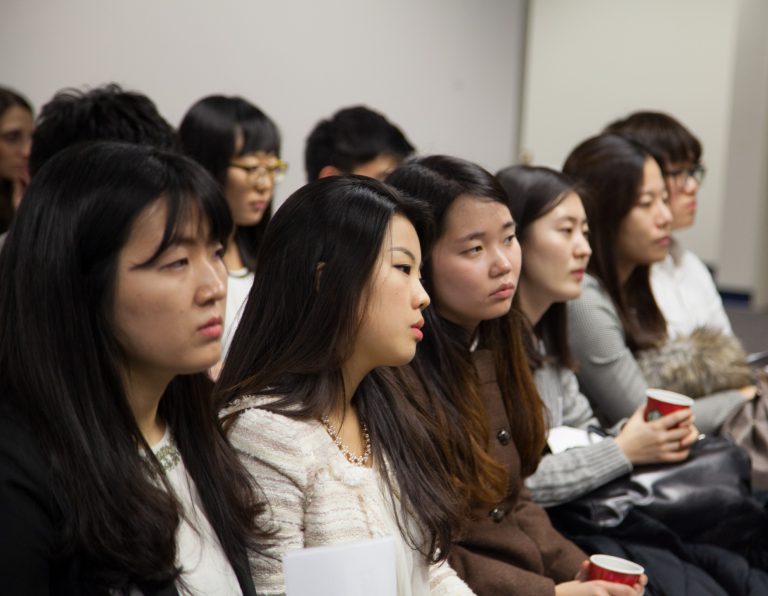
The Korean Ministry of Justice has released figures showing more than 100,000 overseas students have enrolled at Korean universities, a 14 percent increase on figures from last year.
In 2015, the Korean Ministry of Education announced plans to revitalise the region’s international education strategy in attempt to bolster foreign student applications, since three consecutive years of declining international student enrolments meant the nation’s goal to host 200,000 overseas students by 2020 was unlikely to be reached.
But a 14 percent rise in international applicants is positive news for Ministry officials who hope targets are now back on track.
#korea sees rise in number of international students https://t.co/RjG8yecJZD
— Pratik (@pratikgandhi) March 31, 2016
According to figures, the total number of overseas students studying in Korea reached 105,193 this year. The bulk of these students, 76,949, were admitted into the country on a D-12 (higher education) study abroad visa, while the rest remained in the country on D-4-1 visas, permitting them to study Korean as a Foreign Language.
With a population of 62,318, Chinese students formed the majority of Korea’s international student cohort. Vietnamese students followed with a population of 8,293, then Mongolian students with 5,262, followed by Japanese students with a total of 2,739, and finally 1,581 students originating from Uzbekistan.
After pushing the nation’s international targets back to 2023 in June last year, the Korean government has been pushing universities to develop specialised degree programmes in order to attract the most talented overseas applicants.
Korea, Malaysia, Japan, all have strong plans to attract more international students – Bailey #uaconf #intled
— Beckie Smith (@Beckie_ThePIE) March 9, 2016
A number of universities have already implemented programmes to support students heading for the country, such as Ajou University in Suwon, for example, an institution that requires international students to successfully complete a one-year foundation programme that covers subjects like Korean, English and science.
“There are so many nationalities on the Ajou campus. They come from around 30 countries especially Cameroon, Nepal, China, Vietnam, and South American, Asian and African countries,” said Hyukpyo Kwon, director of Ajou’s Graduate School of International Studies. He also notes that the institution’s provisions of English-taught Master’s programmes are attracting a talented range of international graduates.
Despite the positive increase in foreign student applicants, reports from the Korean press highlight that campus integration remains a common issue among the nation’s universities.
Life in Korean Universities for International Students – “LIKE IT” Life In Korea: … – https://t.co/dvMVhtxyEF pic.twitter.com/ipCkJchGGu
— Roberta love Seoul (@robertzaozersk1) March 5, 2016
The Korea Times has accused the institutions of being too concerned with quantitative outcomes without ensuring they have adequate facilities and services in place to support international students. It denounces Korean institutions for ‘neglecting’ their foreign student cohorts, claiming domestic students try their utmost to avoid being put in the same class as their foreign counterparts “because of cultural differences and communication difficulties”.
Furthermore, a feature in the Korean Herald criticised the overwhelming dominance of Chinese applicants at Korean universities, urging the nation’s institutions to encourage diversity and integration among all students.
“Given continuous side effects involving disharmony between Korean and inbound students, there is an urgent need for the nation to overhaul its policies on studying in Seoul and major cities nationwide with the goal of the students’ smooth acclimation and attracting more excellent foreign students on a long-term basis,” it notes.
Additional reporting by The PIE News.
Image via Flickr.
Liked this? Then you’ll love these…
Could Thailand become SE Asia’s international education hub?
Asia Falters as US and UK Dominate Revamped THE University Rankings







